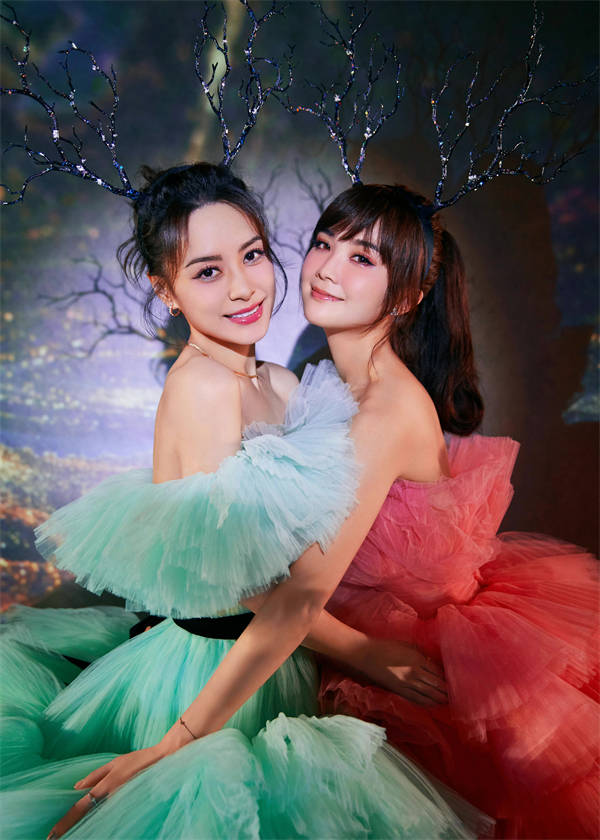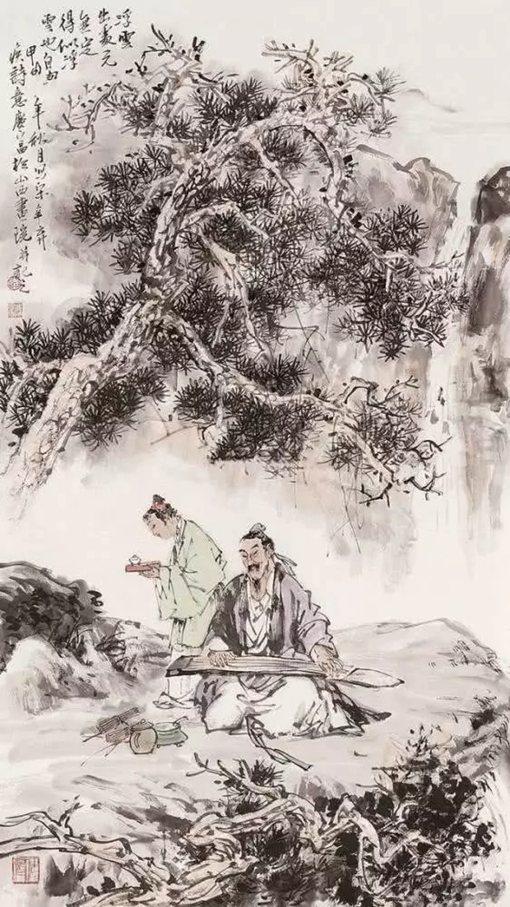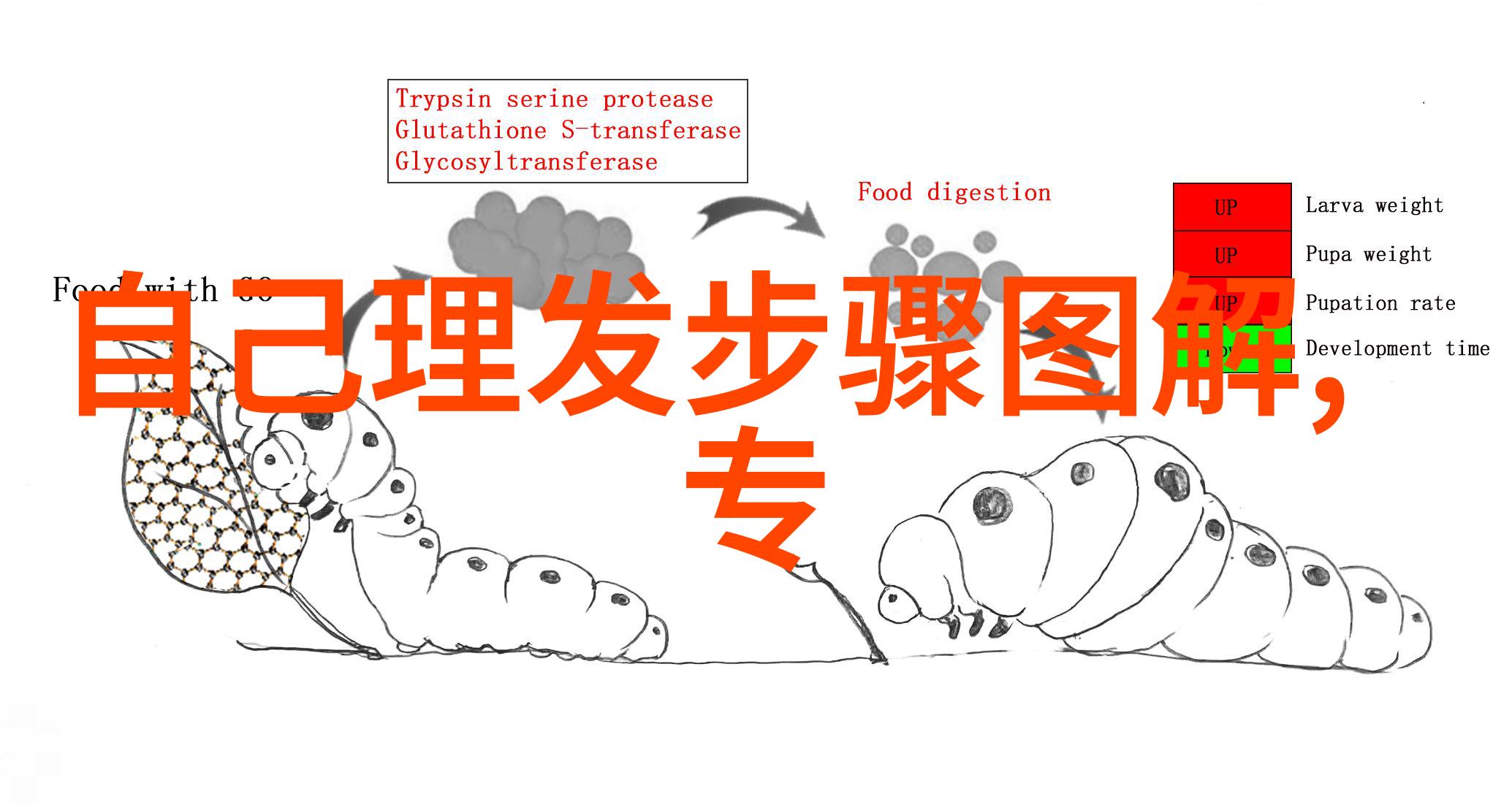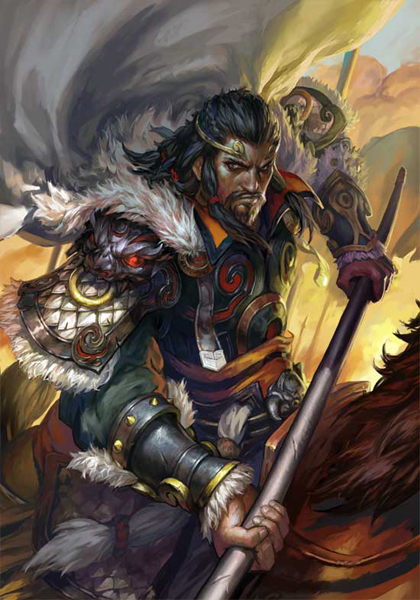Whimsy Revival: Embark on a Journey Through the Timeless Charm of Vintage English
The Birth of a Language

The origins of English are rooted in the Old English period, which spanned from the 5th to the 11th centuries. This era saw the influence of various languages such as Latin, Greek, and Norse, resulting in a unique linguistic heritage that would shape its future development.
A Golden Age

The Middle English period (circa 1100-1500) is often regarded as England's "Golden Age." During this time, Chaucer's Canterbury Tales became an iconic work that showcased refined language and poetic mastery. It was also during this period that many literary masterpieces were born.
Renaissance & Beyond

The Early Modern English period (circa 1500-1800) witnessed significant changes with the advent of printing technology and increased trade with other countries like America and Africa. This led to further enrichment through new vocabulary acquisitions and linguistic evolution.
Victorian Era & Industrialization
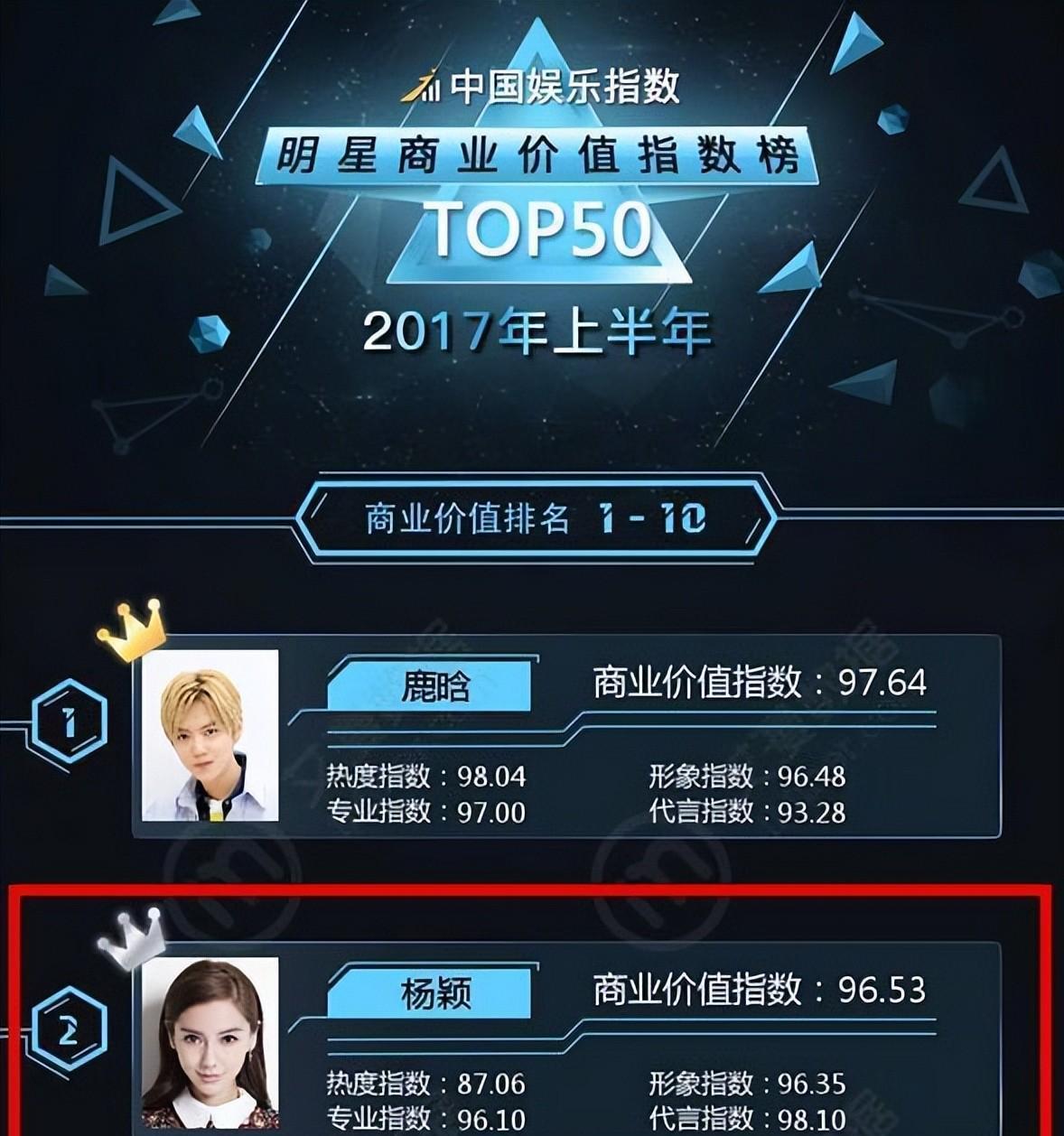
As Britain entered into industrialization during Queen Victoria's reign (1837-1901), so did its language undergo transformation with neologisms related to technological advancements becoming part of everyday speech.
Global Influence & Adaptation

English has since become a global lingua franca due to British colonialism, international trade, science fiction literature by authors like H.G.Wells who popularized futuristic concepts worldwide through their writing.
Contemporary Relevance
Today, vintage words find their way back into modern usage via fashion trends or nostalgia-driven media content—reaffirming how timeless charm can be rediscovered while keeping pace with changing times.





